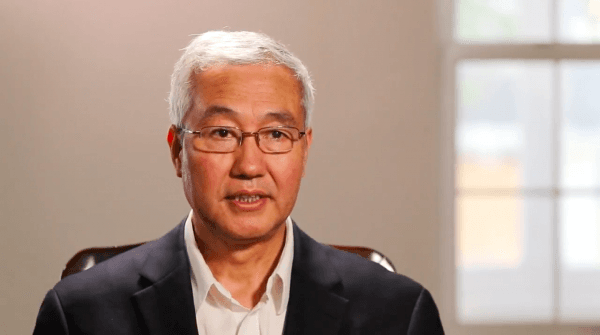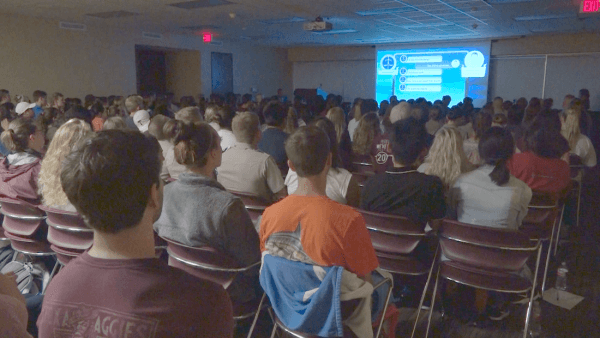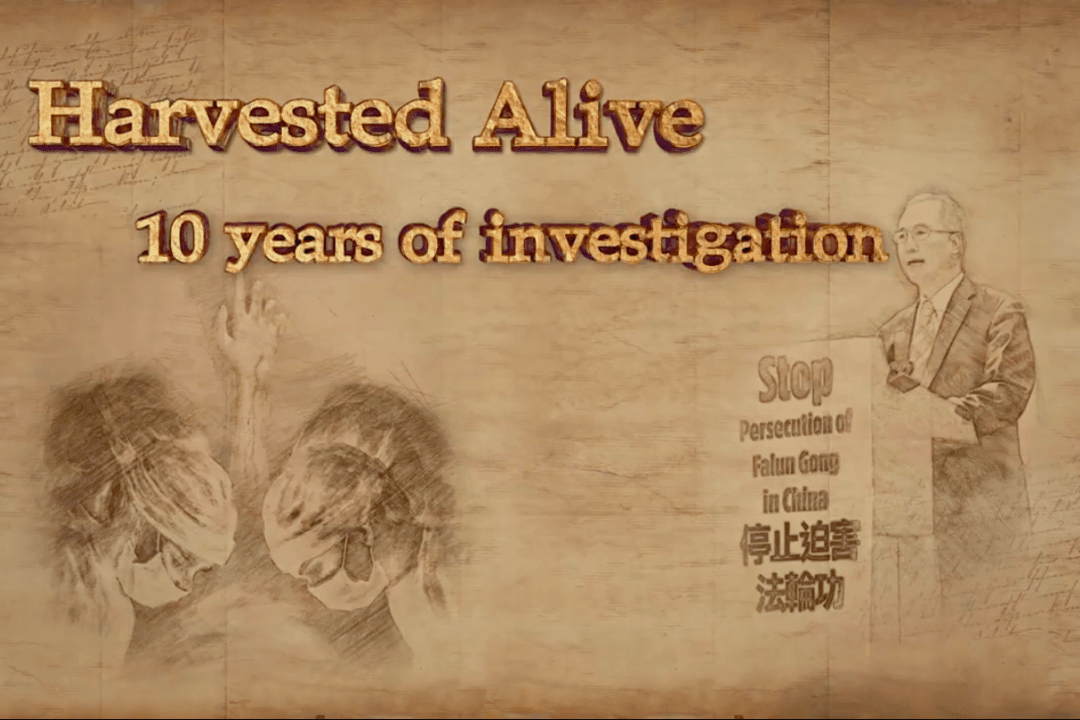COLLEGE STATION, Texas—A showing of the award-winning documentary “Harvested Alive” at Texas A&M University on Sept. 28 left audience members wanting to spread the word about atrocities taking place in China.
The film tells the story of a 10-year-long investigation by the World Organization to Investigate the Persecution of Falun Gong (WOIPFG) into the crimes of mass forced organ harvesting in China.
“Harvested Alive” also presents this evidence, but it does so to make the case that the organ harvesting in China is a state-directed crime.

Significance
Organized by the university chapter of Amnesty International, the showing of the award-winning film—which in January won Hollywood International Independent Documentary awards in the categories of director and foreign documentary feature—had created some buzz on campus.The registration was full two days prior to the event, and as a result, many people inquired if they could still attend as unregistered guests. Many viewers showed up early to get their seats, and a handful could not be admitted after all the seats were filled.
The full house of 180 was moved by the film, as evidenced by the discussion that followed, with remarks by College Station Mayor Karl P. Mooney setting the tone.
“What are you going to do to be significant in this world? How are you going to make a difference? You can make a difference,” Mooney said.
“Some of you have parents, friends, grandparents who might need a transplant, and you can discourage them from going to China, from utilizing this particular source,” Mooney said. “That’s one step. Take the knowledge that you gained tonight, establish a purpose for your life, and strive to be significant!”
Mooney broadened his talk from what the audience members could do in response to the film, to what the United States could do.
Mooney said he hoped the Senate would now pass a similar resolution.
“I hope that President Trump will look at it particularly once the Senate comes up with the resolution,” Mooney said, “and decide [on] the appropriate avenue of communication to China.
Taking Action
In the audience were over a dozen members of the Corps of Cadets, a uniformed, student military organization at Texas A&M.“The film is extremely eye-opening,” said cadet David Campbell. “It breaks my heart to see something so awful is happening in the world, and it makes me want to continue my academics so I can make a positive change in the future.”

Cadet Robert Riegert said: “This film motivates me to protect my family and the families that can’t protect themselves. So as a cadet, that’s what I come away with tonight.”
Campbell agreed with one of Mooney’s suggestions, discouraging others from going to China for transplants. “I have family members who are going through surgeries,” Campbell said. “The very first thing I was thinking as the documentary was ending is that when I get out of here, I will immediately tell them, ‘Don’t go to China to get these procedures.’”
Riegert wants to spread the word about what he learned from the film. “We will do as much as we can to get the word out. It shouldn’t be happening. We will do what we can to help stop it,” he said.
Faviana Soto, an international studies student, said: “This issue is going to reach people in Honduras because I will tell my family members and my friends and share the documentary with them. This is a very good start to exposing this issue.”
That resolution, which is being considered by the Senate during this session of Congress, expresses “solidarity with Falun Gong practitioners who have lost lives, freedoms, and rights for adhering to their beliefs and practices” and condemns “the practice of non-consenting organ harvesting.”
